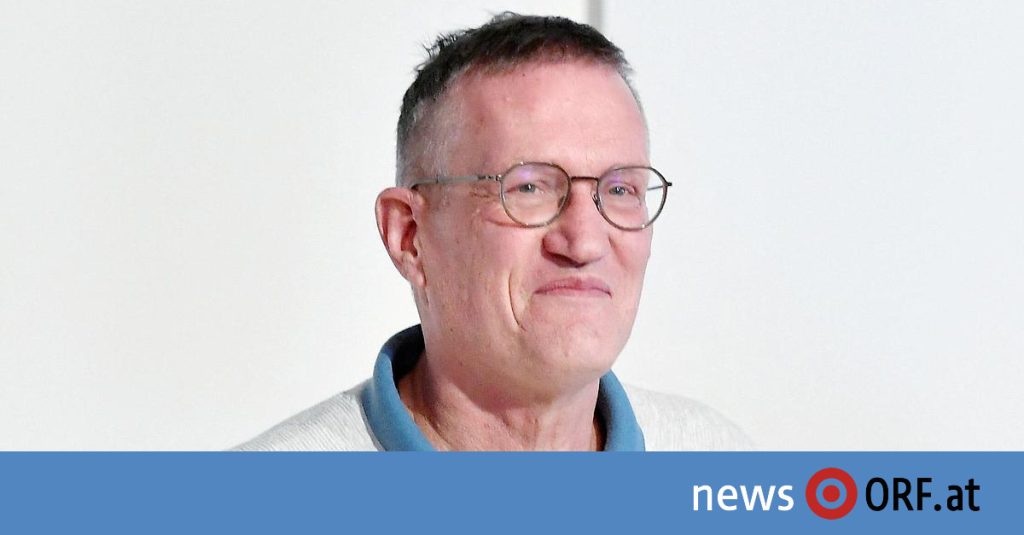Indeed, at the beginning of March this year, quite a few were surprised when the Swedish health authority Folkhälsomyndigheten publicly announced Tegnell’s change: the 65-year-old would resign from power and work for the World Health Organization in the field of distributing the coronavirus vaccine. In the future. “I’ve been in the vaccine business for 30 years and have been passionate about international issues,” the statement quoted Tegnell as saying. “Now I will have the opportunity to contribute to this comprehensive work.”
But according to research by Swedish “Svenska Dagbladet”, the announced job change, which was reported around the world, may have caused a “certain amount of confusion” at the World Health Organization. First, this is an “inside question,” and second, such functionality does not exist, according to a report published this week. We have received an offer from Sweden. It quoted a WHO spokeswoman as saying that this was still being discussed.
No more state epidemiologists
According to media reports, the Swedish Health Authority’s press officer admitted to a mistake on Thursday. The announcement was a mistake because the negotiations were not over yet. “We thought the conversations were over, but they didn’t,” Krister Janson said in an interview with Expressen. “It was a much longer process than we thought. There was a misunderstanding and we regret it.”

Jansson told Bloomberg that the World Health Organization has asked Sweden for technical support for a “recently formed group”. This group will coordinate between the World Health Organization, the United Nations Children’s Fund (UNICEF) and the GAVI Vaccination Alliance. This includes, among other things, making coronavirus vaccines available to countries that cannot afford to buy this money themselves.
In coordination with the Swedish government, the state health authority has decided to appoint Tegnell for this task. So he resigned as state epidemiologist and department head on March 14. According to the spokesperson, Tegnell is still an employee of the Health Authority, but is no longer an epidemiologist. Infection scientist Anders Lindblom has already taken this job.
Excess deaths are especially high at the beginning
The infectious disease doctor has been the leading Swedish expert in the field of epidemiology for nine years. In the coronavirus crisis, he has been the face of the “Special Swedish way” of fighting the epidemic for a long time. Compared to most other European countries, Sweden relied on more flexible voluntary measures and appealed to the common sense of citizens. There was never a shutdown.
For this strategy, some praised Sweden and especially Tegnell, but others criticized it. The coronavirus commission set up at the end of February came to the conclusion that Sweden responded to the crisis too late and with too little action. The commission wrote in its final report that the state should have taken stronger and more restrictive measures at the beginning of the epidemic in February and March 2020. In the absence of a plan to protect the elderly and other at-risk groups, stricter measures would have given time for analysis.
“Sweden’s response to the epidemic has been slow,” she said in an interim report. The country primarily failed to protect the elderly in the first wave of the pandemic. Meanwhile, the commission also came to the conclusion that the Swedish commission was generally correct, giving advice and recommendations that people should voluntarily follow. “This means that citizens can retain more of their personal freedom than in many other countries.”
sharp criticism of the procedure
However, a recently published study takes a tougher stance on Swedish epidemic management. The strategy was “unique and characterized by a questionable ethical and scientific laissez-faire approach”. The emphasis was placed on protecting the “image of Sweden” rather than on saving and protecting human life. Swedish authorities prevented the closure because the advice of independent scientists was described as “extreme,” the authors wrote.
They relied only on the experience of a small circle within the state health authority. Swedish universities have never made any public appearances, and if researchers express criticism of the Swedish method, effective action has been taken against them, according to the study. At the same time, the public has been left in the dark about the facts about Covid-19 – such as that the coronavirus is airborne, that people without symptoms can be contagious and that masks protect wearers and others.

“Food practitioner. Bacon guru. Infuriatingly humble zombie enthusiast. Total student.”








More Stories
Kyiv: Russian Kursk offensive halted
US Presidential Election: Former US Government Officials Warn Against Donald Trump's Election
Netherlands wants to leave asylum system